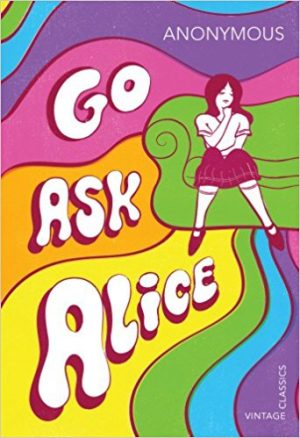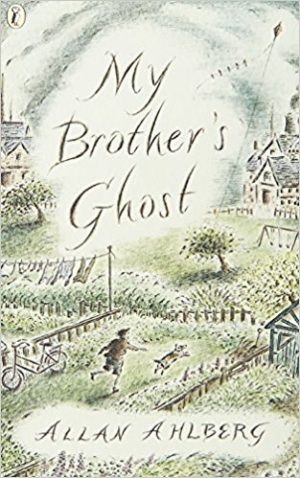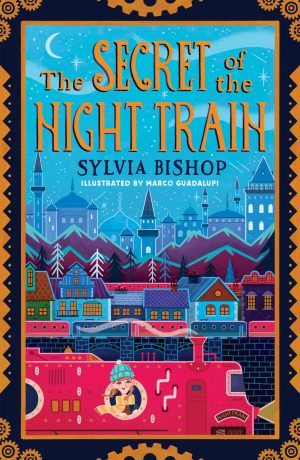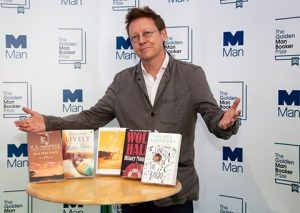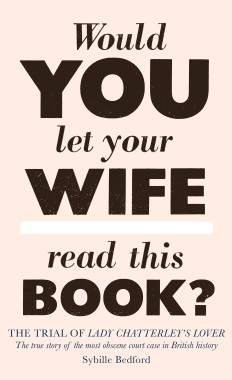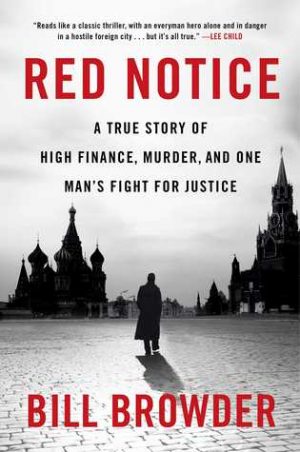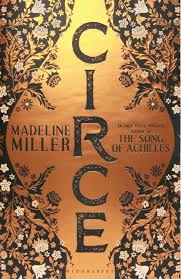Circe. If you cast your mind back to school you may remember her as the witch on whose island Odysseus and his crew washed up on their long journey back from the Trojan War, and wasn’t there something about turning men to pigs and, um, did Odysseus have an affair with her? If you have ever wondered why she lived alone on that island, what made her a sorceress, what happened to her after Odysseus left her to go back to his wife – indeed if you have ever wondered about the reality behind the headline story of any woman who plays a bit part in the (hi)story of men – you have an absolute treat in store with this book.
Read full Review







